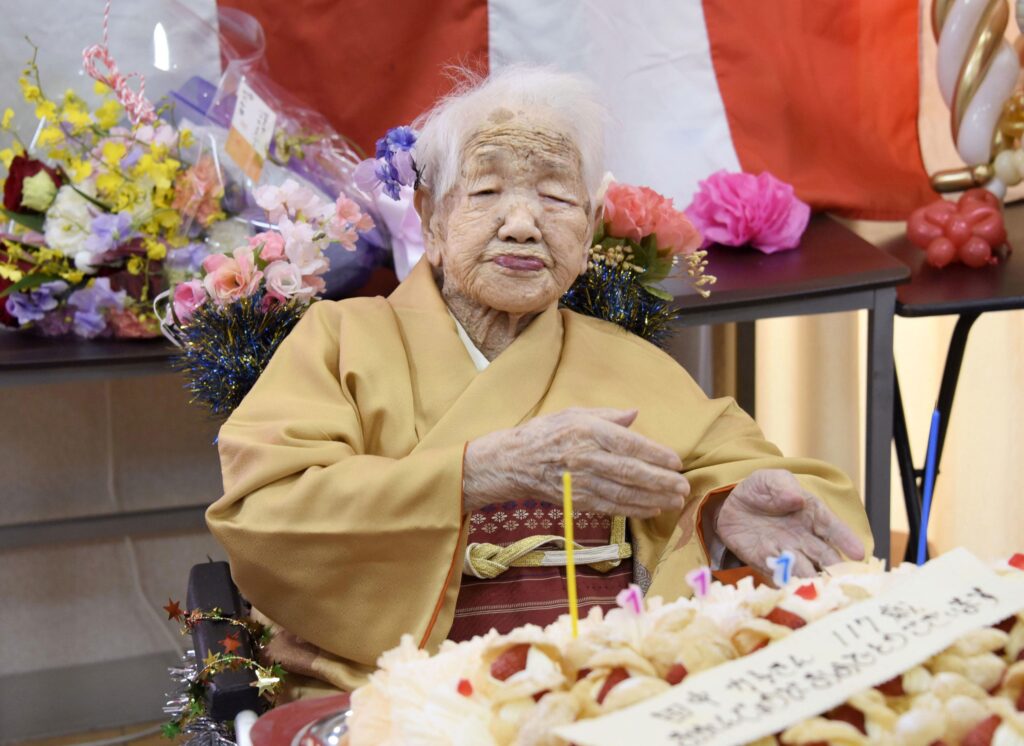Japan is home to nearly 100,000 citizens aged 100 or older, marking the 55th consecutive year the number of centenarians has increased. This milestone underscores Japan’s global reputation as a leader in longevity and healthy aging.
Secrets to Longevity
Experts attribute Japan’s remarkable lifespan to a combination of lifestyle and social factors:
- Diet: Emphasis on fresh vegetables, fish, and low-fat proteins supports long-term physical health.
- Active Lifestyle: Daily movement—through walking, gardening, or traditional exercises—helps maintain mobility and vitality.
- Social Engagement: Strong community ties, family involvement, and cultural participation provide emotional support and a sense of purpose, key elements for longevity.
Women Lead the Way
According to Japan’s Ministry of Health, Labour, and Welfare, women outnumber men among centenarians, reflecting a global trend. Many of Japan’s oldest citizens remain active in family and cultural activities, demonstrating that age does not limit contribution or engagement.
Broader Implications
The growing number of centenarians has important implications for healthcare planning, eldercare innovation, and social policy. Researchers worldwide study Japan to better understand the biological, social, and environmental factors that promote long, healthy lives.
A Cultural Celebration
Beyond statistics, Japan celebrates its centenarians as part of a cultural tradition that values balance, resilience, and community. These practices provide a model for other countries seeking to foster healthier, longer lives among their populations.

